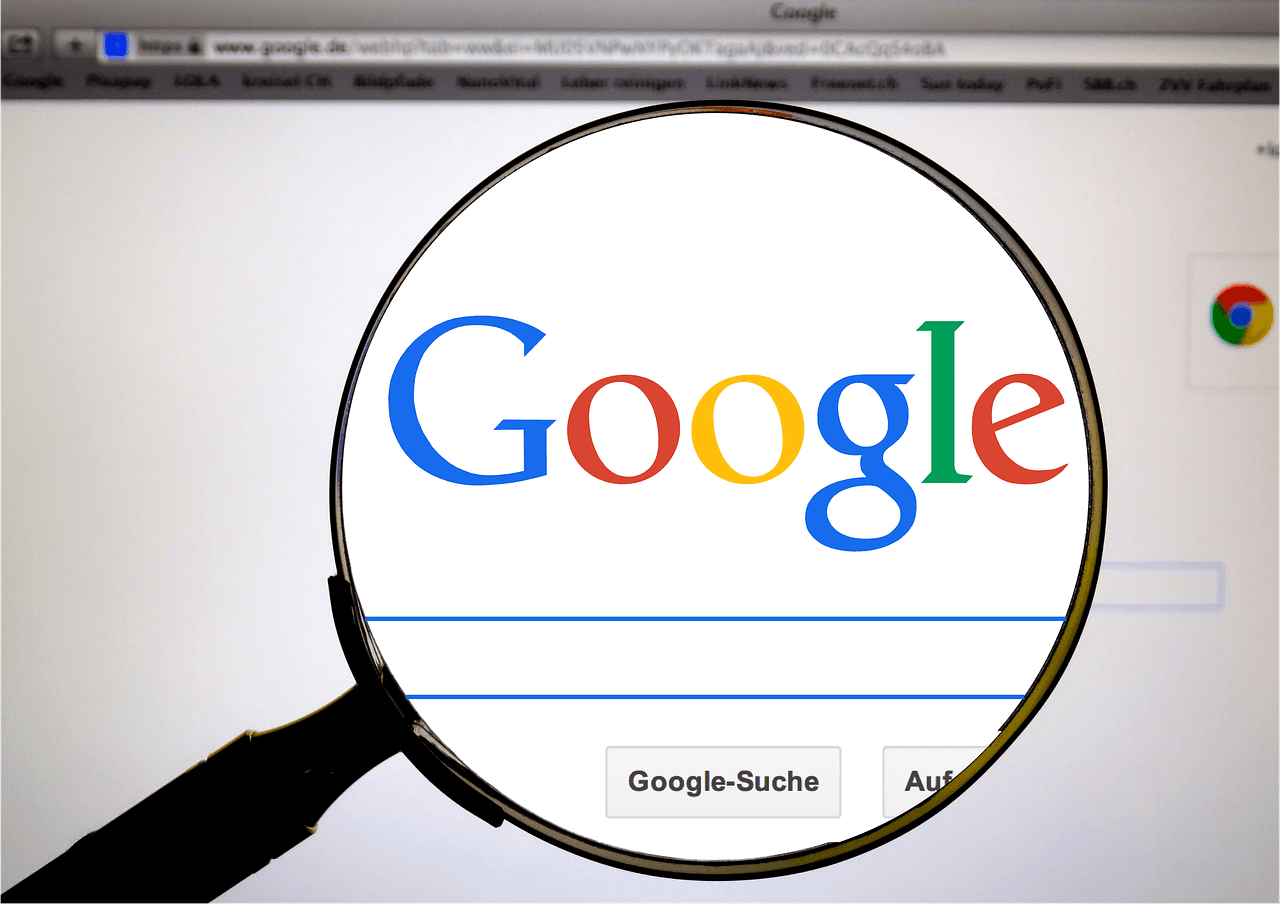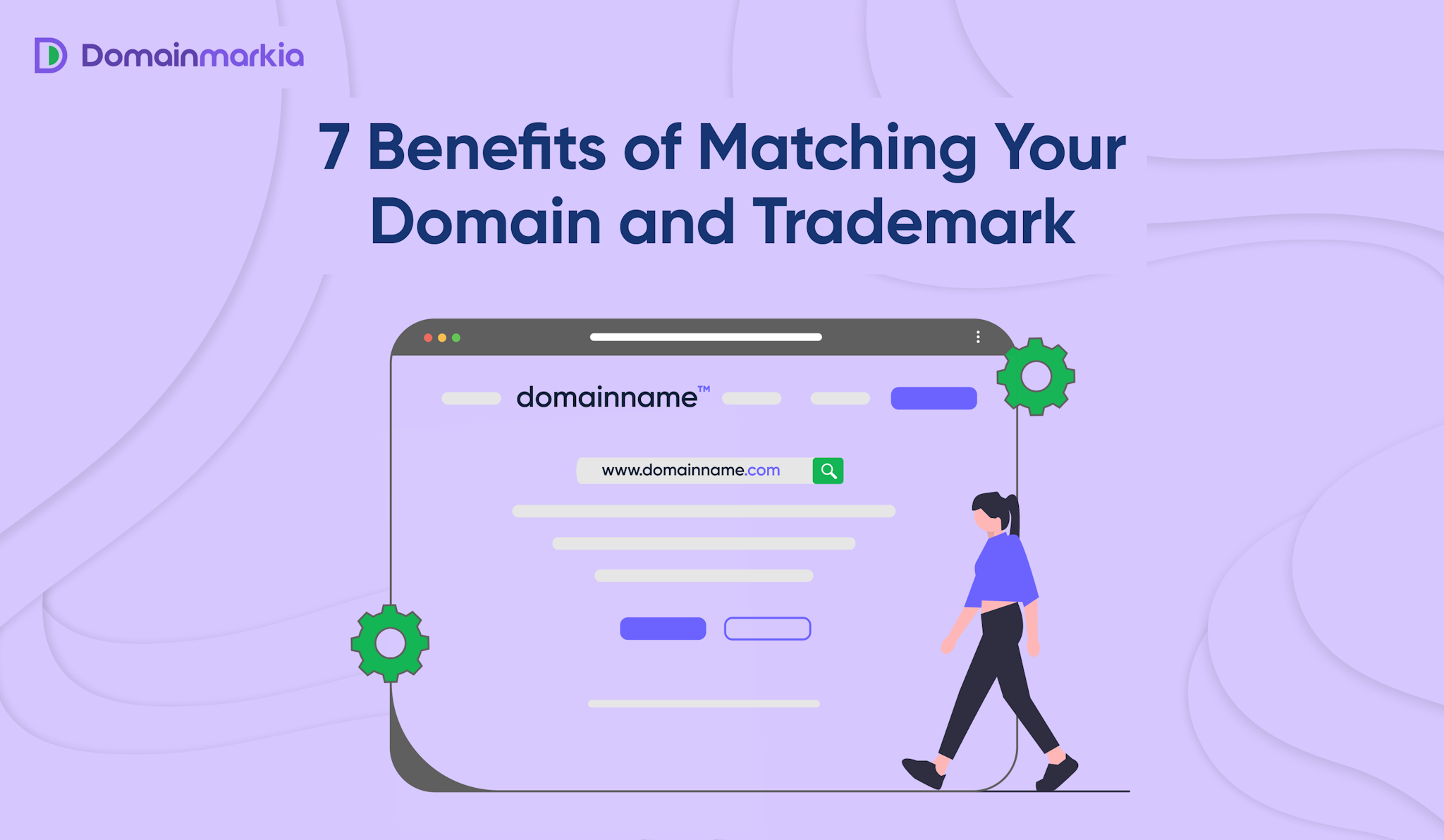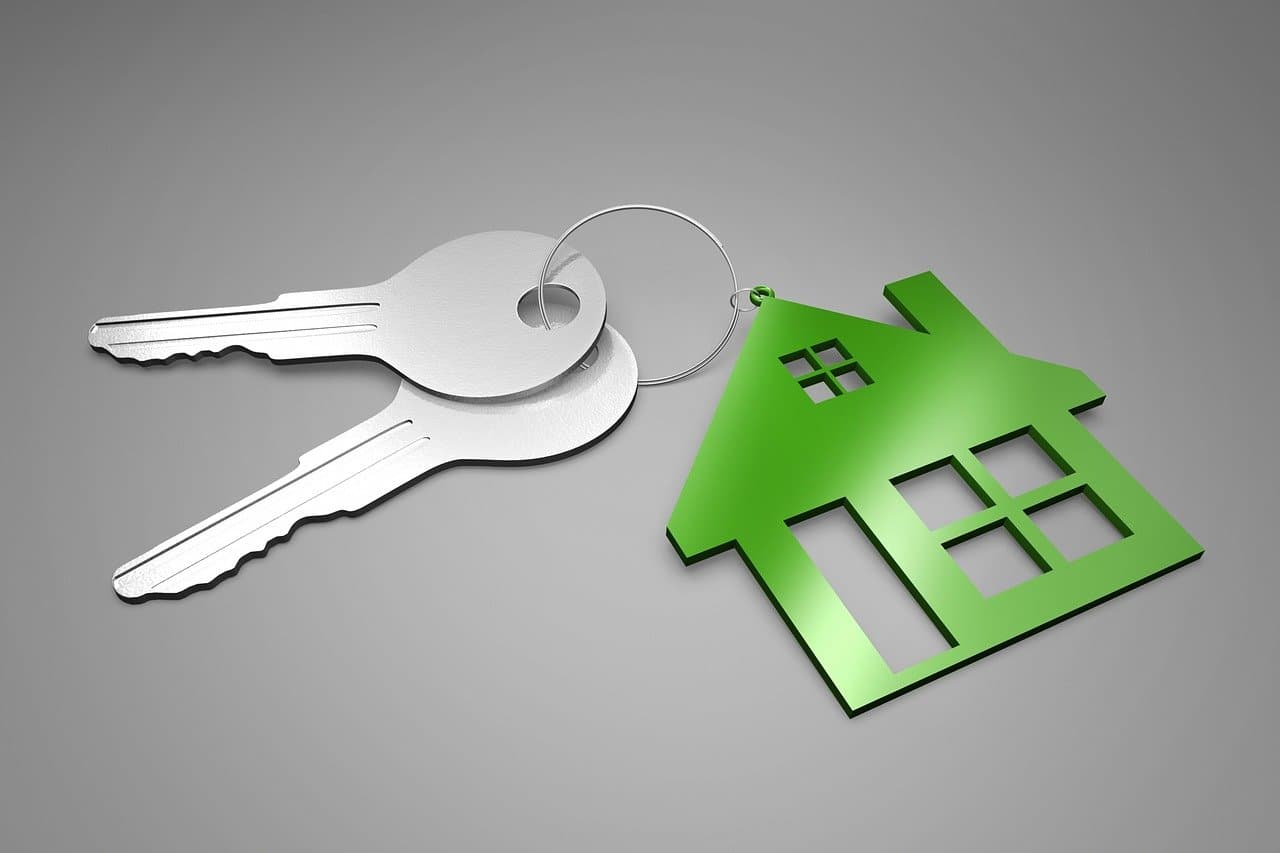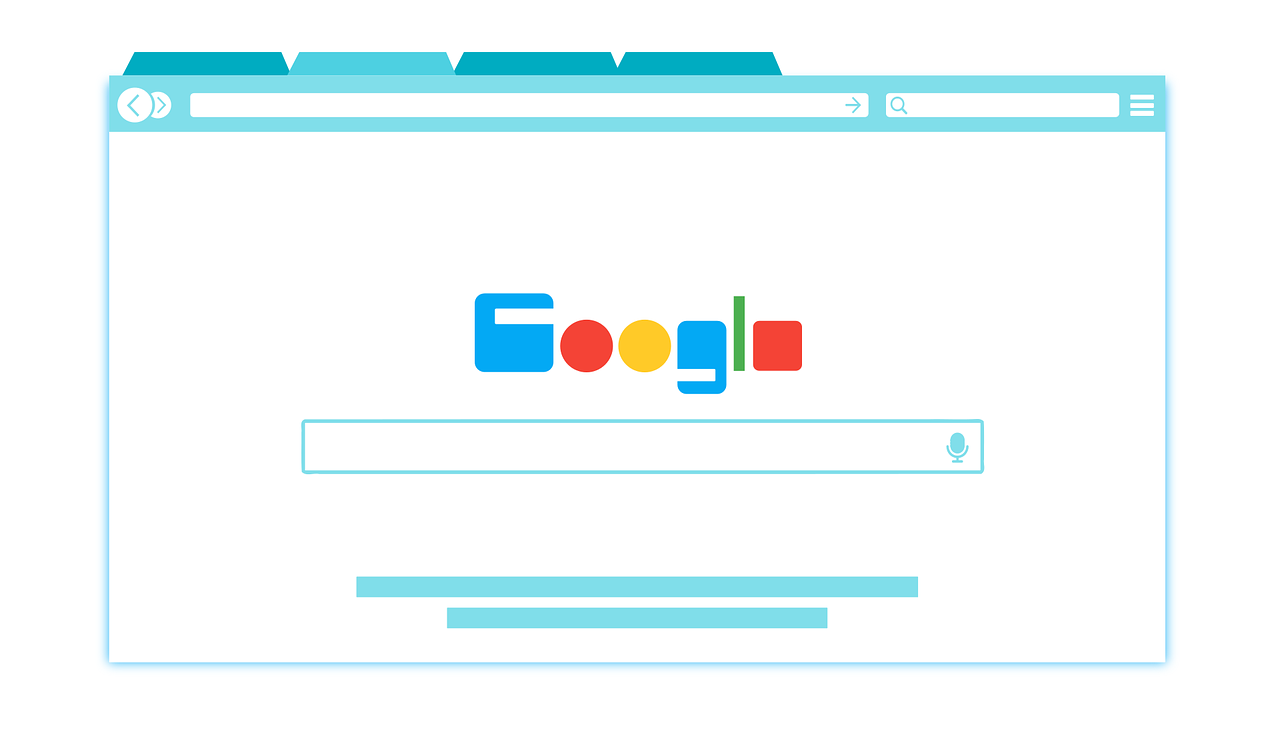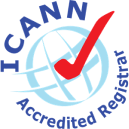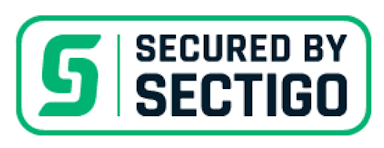Ever wondered, "How much does a domain name cost?"
It's a bit like stepping into a candy store – there's a wide range of choices, and the prices vary just as much.
From budget-friendly options to premium names that might have you checking your bank account twice, navigating the world of domain name pricing is an adventure in itself.
Let's explore this landscape together, shedding light on what goes into the pricing of these digital name tags.
Factors that influence domain name cost
When you're pondering over "How much does a domain name cost?", it's essential to understand that various factors come into play, much like ingredients in a recipe determining the flavor of a dish.
1. TLD (top-level domain): The TLD, or the part of the domain after the dot (like .com, .org, .net), significantly impacts cost. Some TLDs are like the prime neighborhoods of the internet – highly sought after and more expensive. A .com, for instance, is the Beverly Hills of domains.
2. Length and memorability: Short and sweet wins the race in the domain world. A concise, memorable domain is like a catchy jingle; it sticks in your mind. These domains are often more expensive due to their rarity and branding potential.
3. Keywords: Domains that contain popular keywords can be like gold mines. They're SEO-friendly and can drive organic traffic. A domain with strong keywords related to a high-traffic industry (like tech, finance, or health) might carry a heftier price tag.
4. Brandability: Some domains just sound right. They're unique, easy to brand, and resonate with the audience. A brandable domain can be a significant asset to a company, and therefore, can command a higher price.
5. Historical data and SEO value: A domain with a clean history and strong SEO value, perhaps due to its age or backlink profile, is like an aged wine – valued more over time. Buyers will pay a premium for domains that have a positive history and can boost their SEO efforts.
6. Market trends: Just like fashion, domain names are subject to trends. A surge in interest in a particular topic or industry can increase the value of related domains. It's all about timing and demand.
7. Seller motivation: Sometimes, the cost of a domain comes down to how motivated the seller is. A seller not in a hurry to sell might hold out for a higher price, while someone looking for a quick sale might offer a bargain.
Understanding these factors can make you a savvier shopper in the domain marketplace. It’s about striking the right balance between what you need, what you love, and what you’re willing to invest.
After all, your domain name is more than just an address – it's the front door to your online presence.
How do you choose the best domain name for your website?
Selecting the right domain name is a crucial step in establishing your online presence.
It's like choosing a sign for your shop – it needs to be eye-catching, memorable, and reflective of what lies inside.
Here’s how to nail it:
1. Keep it simple and memorable: Your domain should be easy to remember and spell. Avoid complex words or unusual spellings. Think of the world's most popular websites; their success partly lies in the simplicity of their domain names.
2. Use relevant keywords: Including keywords related to your business or industry can enhance search engine optimization (SEO). It's like adding a signpost to your website, helping people find you more easily.
3. Make it brandable: Your domain name should resonate with your brand identity. It should be unique and set you apart from competitors. A brandable domain is like your digital fingerprint – distinct and identifying.
4. Avoid hyphens and numbers: Hyphens and numbers can be confusing and are often misunderstood or forgotten.
5. Consider the extension: Extensions (like .com, .org, .net) can influence user perception. The .com extension is widely recognized and trusted, but don’t shy away from newer or more specific extensions like .photography or .blog, which can add character to your domain.
6. Check for trademarks: To avoid legal issues, ensure your desired domain name doesn’t infringe on any existing trademarks. It's like making sure you’re not setting up a shop with a domain name that’s already taken.
7. Look at the long-term potential: Choose a domain name that can grow with your business. Changing your domain later can be a hassle and affect your brand's recognition and SEO ranking.
8. Use domain name generators for ideas: Stuck in a creative rut? Domain name generators can help spark ideas by mixing your keywords with other words and checking availability.
By considering these factors, you're setting the stage for a domain name that not only captures the essence of your brand but also positions you effectively in the vast digital marketplace.
What should you do if your preferred domain name is taken?
Discovering your ideal domain name is already taken can feel like finally finding your dream house, only to learn it's already sold.
But don't lose hope!
There are several strategies you can employ to work around this:
1. Consider a different domain extension: If .com is taken, look at alternatives like .net, .org, .info, or even more niche extensions like .shop or .blog. It's like finding your favorite book is out of stock in hardcover but available in paperback.
2. Modify the name slightly: Get creative by adding small words or prefixes/suffixes. For example, if 'BakingStore.com" is taken, try "TheBakingStore.com" or "BakingStoreOnline.com".
3. Reach out to the owner: If you’re set on a specific domain name, try contacting the current owner to see if they’re willing to sell. Who knows? They might be open to an offer. You may be able to find their information on the WHOIS database.
4. Check for expired domains: Sometimes, domain names aren't renewed and become available again. Keep an eye out for expiration dates and be ready to grab your preferred name if it becomes available.
5. Be flexible with your branding: If all else fails, be open to rethinking your domain name. Sometimes, a slight change can lead to a better, more unique name. It's like brainstorming a business name – the first idea isn’t always the best one.
6. Monitor the domain: Set alerts to monitor the domain status. If the current owner doesn’t renew, you can quickly move in to register it.
Remember, while your first-choice domain name might be taken, these alternatives can lead you to an equally effective or even better option.
Keep an open mind and don't be afraid to explore different avenues!
How do you estimate the value of a domain name?
Getting a domain name price estimate is akin to appraising a piece of art —
It's somewhat subjective but based on several key factors.
Here's how you can gauge the worth of a domain and determine how much does it cost to buy a domain from someone else:
1. Examine the length and simplicity: Shorter domain names are generally more desirable and valuable, as they are easier to remember and type.
2. Assess the use of keywords: Domains containing popular and relevant keywords can have higher value due to their SEO benefits.
3**. Look at brandability:** How easy is it to build a brand around this domain? Unique and catchy domains can have significant value, much like a catchy tune that stays in your head.
4. Consider the domain extension: The extension (.com, .org, .net, etc.) plays a huge role in valuation. A .com is often seen as more valuable, for instance.
5. Analyze the traffic and SEO metrics: If a domain already receives traffic and has a solid SEO background (like a good backlink profile), it can significantly increase its value, just as a store with high foot traffic is more valuable.
6. Historical significance and past usage: A domain with a positive history or one previously associated with a successful site can be more valuable. However, a history of spam or black-hat SEO can diminish its value, much like a car with a troubled maintenance record.
7. Market demand and trends: Current market trends greatly influence domain value. A sudden surge in a particular business or product type can spike the value of related domains.
8. Check comparable sales: Looking at recent sales of similar domains can give you a ballpark figure. Many online platforms provide data on past domain sales, offering a comparative perspective.
9. Use online appraisal tools: There are online tools (such as Estibot) that can provide a rough estimate of a domain's value based on algorithms. However, take these estimates with a grain of salt, as they may not account for all nuanced factors.
Estimating a domain's value involves a combination of art and science - navigating this can help you make informed decisions, whether you're buying or selling a domain name.
How much does an expired domain name cost?
Navigating the world of expired domain names is a bit like exploring a treasure trove; you never quite know what you might find or what it's worth.
The cost of an expired domain name varies widely and is influenced by several factors such as its:
- Length,
- Simplicity,
- Keyword relevance,
- And the extension.
A snappy, keyword-rich .com domain might fetch a higher price.
And of course, if the expired domain has a solid history, like an established website with traffic, good SEO rankings, and a clean backlink profile, it can be more valuable.
Why do you have to renew your domain?
Renewing your domain name is akin to renewing a lease on a valuable piece of property.
These are absolutely necessary domain name costs.
And:
It's not just a formality; it's a crucial step in maintaining your presence and ownership in the digital
Just as you wouldn't want the lights to suddenly go out in your home, you wouldn't want your website going dark.
Renewing your domain ensures your website remains live and accessible, maintaining continuity for your visitors.
And if your domain lapses, competitors or cyber squatters could snatch it up, potentially using it to redirect your customers or damage your brand.
How do you check domain name availability?
Here’s how to do it.
Using a domain registrar such as Domainmarkia:
Enter your desired domain name into the search bar.
Be as specific as possible with your intended domain name and extension (like .com, .net, .org).
The search will reveal if the domain name is available.
If your preferred name is taken, we'll often suggest variations.
These suggestions can be a goldmine for sparking new ideas.
Of course, before finalizing your choice, ensure your desired domain name doesn't infringe on any trademarks.
This step is like doing a background check to avoid legal troubles down the road.
How do you buy an existing domain name?
Purchasing an existing domain name research, negotiation, and sometimes, a little bit of luck.
Whether it’s a domain name that perfectly fits your brand or a sought-after domain with established traffic, here’s how you go about buying it:
Start with a bit of detective work.
Use tools like WHOIS to find out who owns the domain.
Check its history to ensure it doesn’t have a problematic past, like association with spam or malicious content.
Before reaching out to the owner, have an idea of what the domain might be worth. Consider the factors I mentioned earlier, like domain age, keyword relevance, brandability, and existing traffic.
Once you have the necessary information, reach out to the owner.
If their contact details aren’t available through WHOIS, you might find them on the domain’s website.
Next:
Make an offer based on your valuation and be prepared for some back-and-forth.
After payment, the domain needs to be transferred to your registrar.
This process varies depending on the registrars involved but usually involves a transfer code or authorization from the current owner.
Once the transfer is complete, update the domain registration details to reflect your ownership.
How do you register a new domain name?
Before anything else, brainstorm potential domain names.
Think about your brand, services, or the message you want to convey.
Next check domain availability on the search tool of a domain registrar to check if your chosen domain name is available.
Once you find an available domain name you like, select it for registration.
Decide on an appropriate domain extension (like .com, .net, .org).
(Remember, domain registration fees will vary depending on your decided top level domain.)
Each extension has its connotations, so choose one that fits your brand or purpose.
You’ll need to enter your contact information to register the domain.
This is important for the domain's WHOIS record, which is a bit like the deed to a property, listing the owner’s details.
(You can also opt for our Domain Privacy Protection to ensure that this is hidden!)
What are premium domain names?
A premium domain name is a domain name that is considered valuable due to various characteristics like:
- Short length,
- Easy to remember,
- Contain popular keywords,
- Or have a popular extension like .com.
These domains are often seen as more brandable or marketable.
This makes them desirable for businesses or individuals looking to establish a strong online presence.
Due to their perceived value, premium domain names are often sold at a higher price compared to standard domain names.
How do you buy a domain name that isn't listed for sale?
Purchasing a domain name that isn't on the market is like trying to buy a house that's not for sale —
It requires tact, a good strategy, and a bit of charm.
Whether it’s a perfect fit for your brand or a strategic asset for your online presence, here's how to approach this unique challenge:
Use tools like WHOIS to find out domain ownership details.
This is your starting point, similar to finding out who owns that dream home you always pass by.
Check if the domain is actively being used or just sitting idle.
A domain that’s part of a thriving business might be harder to acquire than one that’s not in use.se.
Plan how you’ll approach the owner.
This could be through a direct, polite email expressing your interest.
And be prepared with an offer that’s attractive yet realistic.
Research similar domain name costs to gauge a fair price.
Want to learn more? Read our full guide: How to Buy a Domain Name (Or Register a New One!).
Register a new domain today
There you have it!
A comprehensive guide to understanding "how much does a domain name cost?"
Whether you're window-shopping or ready to buy, remember that the perfect domain is a blend of brand personality, budget, and forward-thinking.
Eager to embark on your domain journey?
Visit www.domainmarkia.com to start your adventure in the vast, exciting world of domain names!
FAQs
How much should I pay for a domain name?
Domain name prices vary, but it should be about $10 a year. This could possibly be more depending on the top level domain you choose (such as domain extensions like .com, .net, etc.). Buying a domain that's already registered, on the other hand, could cost quite a bit - the price would vary significantly depending on its perceived and actual value.
How do I permanently buy a domain name?
Unfortunately, domains are typically leased annually from a domain registrar. But, you can pay for multiple years upfront to secure your digital home for a longer time.
How much does it cost to buy an existing domain name?
This is where it gets interesting. Buying an existing domain can range from a few hundred to millions of dollars. It's all about negotiation and how much the current owner values their digital real estate.
How much does a domain name cost per year?
The cost of a domain name per year varies widely depending on the domain extension (like .com, .org, .net), the registrar you choose, and the domain's perceived value. Typically, standard domain names can range from around $10 to $50 per year, but premium domain names can cost significantly more, often reaching into the thousands or even millions of dollars for highly sought-after names.


